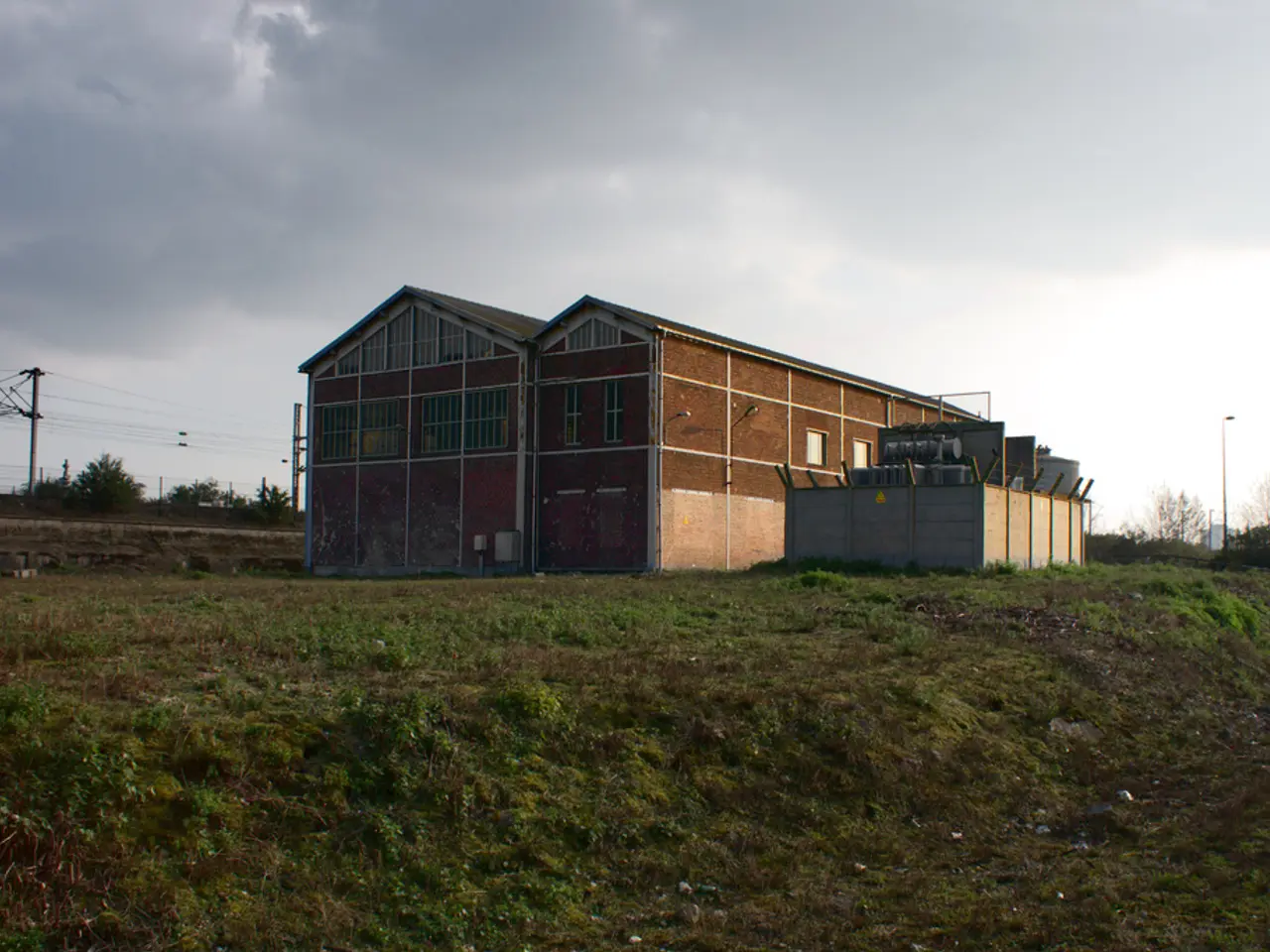Partners in Power - Collaboration Between Neighborhoods and Energy Providers Bolstering Resilience Collectively
In a bid to address the growing challenges posed by aging infrastructure and extreme weather, the importance of energy resilience has become increasingly apparent. A new resource provides examples of successful strategies for improving energy resilience, emphasising the need for a mix of firm and intermittent energy resources, as well as strategic partnerships.
One such example is the Kūpono Solar Project on O’ahu, Hawaii. A collaboration between Hawaiian Electric (HECO), the U.S. Navy, the local community, and an energy solutions partner, this project developed the largest solar and Battery Energy Storage System (BESS) on O’ahu, providing 42 MW of renewable energy to reduce dependence on imported fossil fuels and enhance energy resilience.
Another success story is the Town of Wayland Solar, Efficiency & Resilience Project in Massachusetts. This initiative, a partnership between the Town of Wayland and energy service providers, implemented energy conservation measures, solar installations, and a resiliency initiative to ensure the local middle school (an emergency shelter) has power during grid outages, reducing energy consumption and greenhouse gas emissions.
In Groton, Massachusetts, Lightshift Energy and the Groton Electric Light Department (GELD) joined forces to create an innovative energy storage microgrid, providing backup power to critical infrastructure like the Florence Roche Elementary School, thereby improving community resilience and lowering energy prices.
The Liberia Electricity Access Initiative, a partnership between EnDev, the World Bank, and the Government of Liberia, enhanced energy access for low-income households by promoting a resilient home solar market through strategic partnerships and flexible funding mechanisms.
Lastly, the Morocco-Spain Cross-Border Energy Assistance demonstrated the value of international cooperation in energy resilience. During the 2025 Iberian blackout, Morocco supplied emergency electricity to Spain, highlighting the potential of cross-border collaborations to mitigate grid failures.
These case studies demonstrate how strengthening energy systems can help reduce the impacts of power outages, with communities and utilities working together to minimise or avoid the impacts of power outages caused by aging infrastructure and extreme weather. The resource underscores the potential benefits of partnerships in enhancing energy resilience, offering a blueprint for future collaborations aimed at improving energy systems and promoting energy resilience.
- In the context of climate-change, the financial sector plays a crucial role in supporting environmental-science projects that prioritize energy resilience, such as the Kūpono Solar Project in Hawaii, which received backing from various industry players to develop a large-scale solar and battery storage system.
- The Town of Wayland Solar, Efficiency & Resilience Project in Massachusetts exemplifies the synergistic relationship between local governments and energy service providers, as they teamed up to implement sustainable energy solutions, solar installations, and resiliency initiatives, thereby lowering energy consumption and greenhouse gas emissions in the community.
- International cooperation in the energy sector, as demonstrated by the Morocco-Spain Cross-Border Energy Assistance, is pivotal in ensuring energy resilience, as highlighted during the 2025 Iberian blackout when Morocco provided emergency electricity to Spain, showcasing the potential of cross-border partnerships to address grid failures and enhance energy resilience worldwide.




